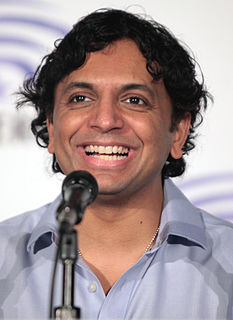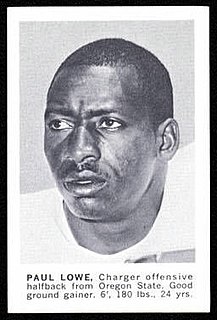A Quote by Madeleine L'Engle
If I have something I want to say that is too difficult for adults to swallow, then I write it in a book for children. Children still haven't closed themselves off with fear of the unknown, fear of revolution, or the scramble for security. They are still familiar with the inborn vocabulary of myth
Related Quotes
So you go away from where you were afraid. Some stay; some go; it's a big difference, leaving the humiliations of childhood, the morbid fear. We didn't have much to say to each other, the ones that left and the ones that stayed. Children get shamed by fear but you can't tell the adults that; they don't care. They make children into dead things like they are. If there's something left alive in you, you run. You run from the poor little child on her knees; fear burned the skin off all right; she's still on her knees, dead and raw and tender.
If we are always reading aloud something that is more difficult than children can read themselves then when they come to that book later, or books like that, they will be able to read them - which is why even a fifth grade teacher, even a tenth grade teacher, should still be reading to children aloud. There is always something that is too intractable for kids to read on their own.
If you wake up one morning realising that you do not know anything, then you are awake. If you still think you know something, then you are still asleep. If you are still trying to know, you are still trying to control. If you are still trying to control then you still think something can 'go wrong'. If you still think something can go wrong then you are not in touch with the source. If you are not in touch with the source then you live in fear. You are living in the fear that you have created, and that you are trying to get away from.
Although adults have a role to play in teaching social skills to children, it is often best that they play it unobtrusively. In particular, adults must guard against embarrassing unskilled children by correcting them too publicly and against labeling children as shy in ways that may lead the children to see themselves in just that way.
It's shocking that so many children still live in fear as a result of violence in the home, and don't know who to turn to for help and support. As a child survivor of domestic violence I can remember the fear and isolation. I'm delighted to support the Hideout, the new Women's Aid website for children and young people. I know it could have made a real difference to me and will provide great comfort and support to thousands of children.
I'm always loath to make generalizations about what is for children and what isn't. Certainly children's literature as a genre has some restrictions, so certain things will never pop up in a Snicket book. But I didn't know anything about writing for children when I started - this is the theme of naïveté creeping up on us once more - and I sort of still don't, and I'm happy that adults are reading them as well as children.
We fear the past, present and future. We fear the unknown, we fear not having enough, losing what we have, not having what we want. We fear what will become of us and those that we care for. We fear what others think of us and what they don't think of us. We fear, fear, fear and therefore we are controllable through the manipulation of all that we fear. The present War on Terror is the War of Fear. No Fear, no control.


































